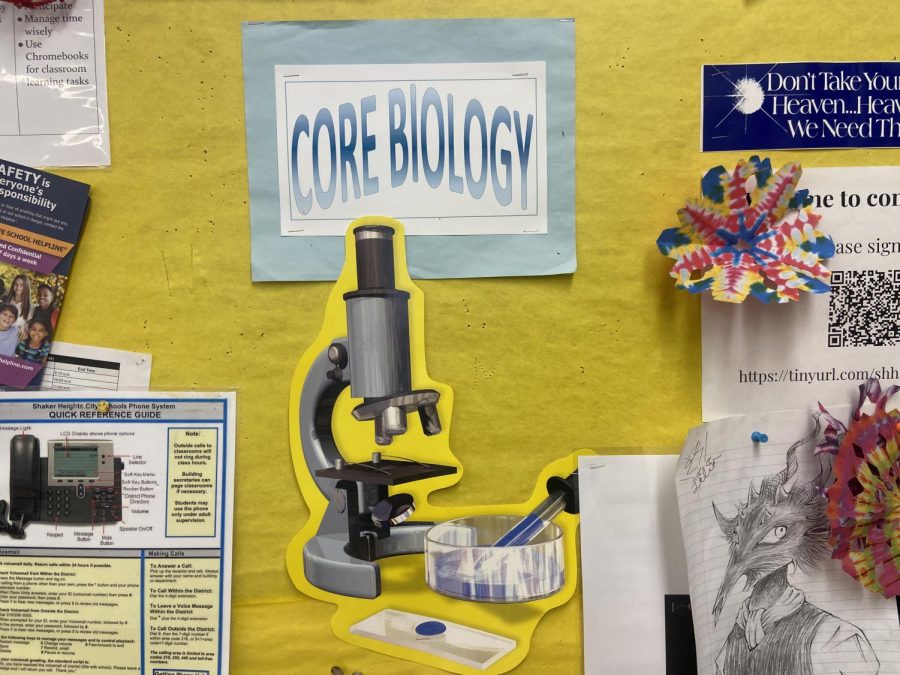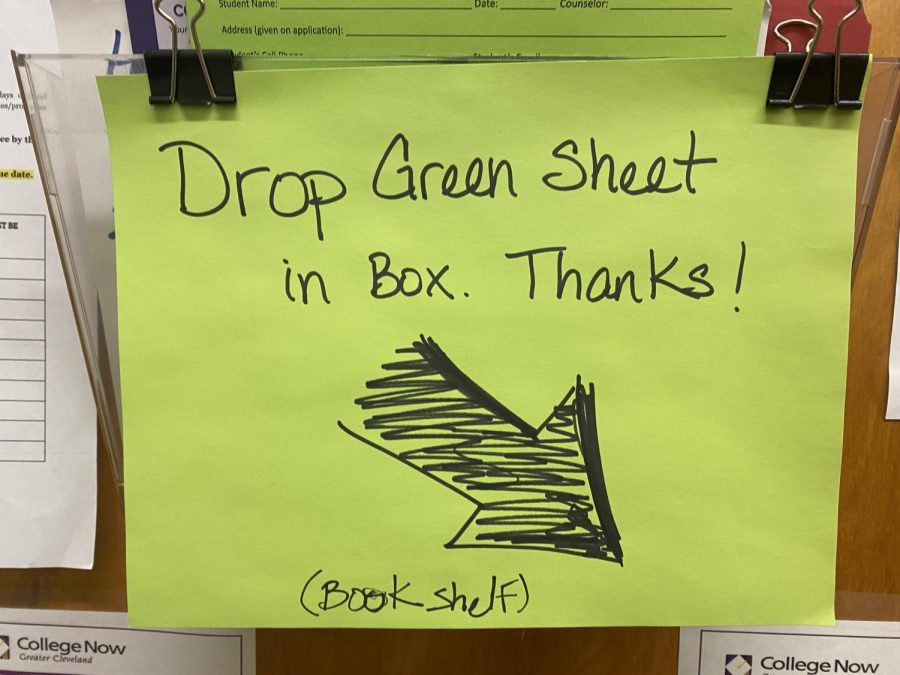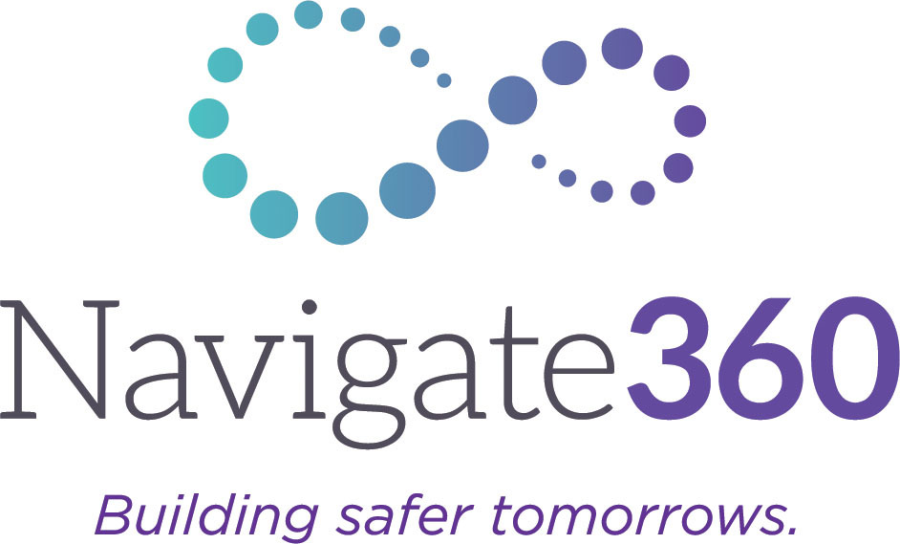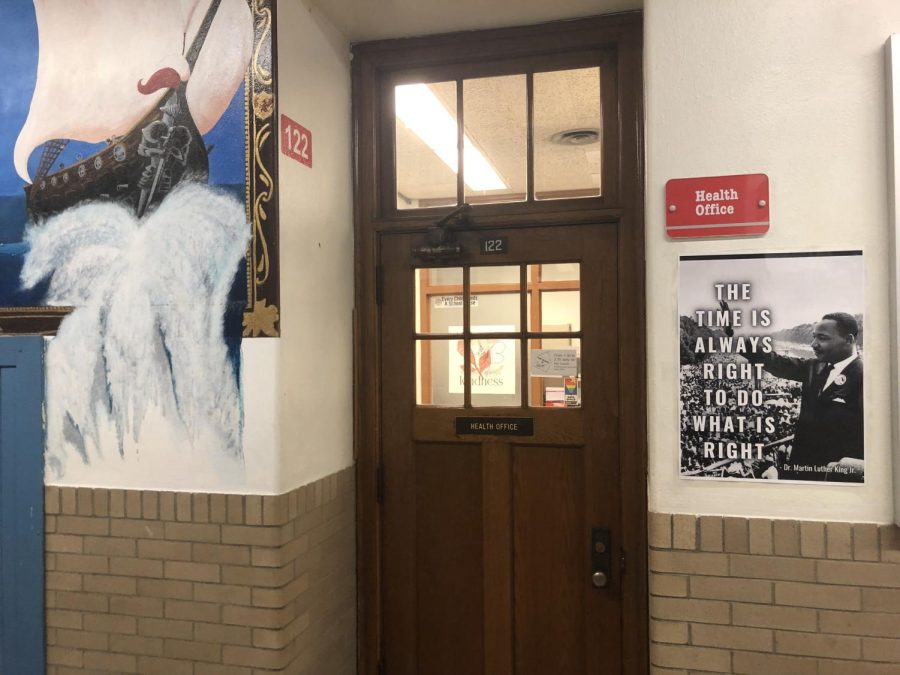Disciplinary actions for suspension-level offenses vary as schools attempt to find alternatives for taking students out of their classes.
An article published in the University of Minnesota’s Institute on Community Integration newsletter, “Impact,” suggests alternatives such as short courses on topics related to students’ misbehavior, supervised community service programs and at-school restitution. The article states that in order to make these alternatives work, schools should consider inaugurating programs that would support problem-solving and good communication within the school community. Examples of such programs depicted in the article include enforcement of school values through character education, positive referral or recognition programs to reward students for behaving well and meditation programs to teach students about non-violent conflict resolution.
Currently, the high school has no alternatives to suspension, and there are no plans to introduce alternative programs any time soon. “These programs are in some ways quality programs if everyone is on board and sees the value of such programs,” Assistant Principal Eric Hutchinson said. “Personally, I would be in favor of alternative education options that would allow students to continue to receive direct educational support while teaching the student that their decision-making needs to be better for him or her to remain a part of our school community.”
Barb Davis, assistant principal at Orange High School, said that while she thinks alternatives to suspension would be a good idea, the school doesn’t have the resources or the money to provide such options. However, Davis said that the school does offer counseling for students in certain situations. “If students are first-time drug or alcohol abusers, then we will decrease [time suspended] to a lesser amount of time if somebody goes through in-site counseling,” she said.
Hutchinson said suspensions are a part of the education cycle. “No one enjoys having to remove students from school, but there are certain times when it is necessary,” he said, adding that while administrators do their best to make sure each situation is addressed in the best possible way, “It’s not always fair.”
A version of this article appeared in print on 3 October 2012, on page 7 of The Shakerite.





